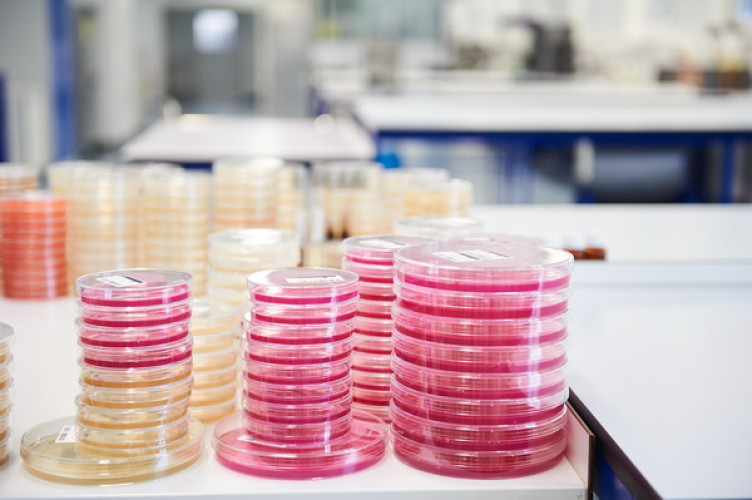News
28.02.2020 - Foods

Pluralibacter gergoviae, Burkholderia cepacia and other microorganisms in cosmetics
Contamination of cosmetic products often leads to product recalls and notifications in the European rapid alert system Safety Gate (formerly RAPEX).
Gram-negative bacteria are particularly often involved, such as Pluralibacter gergoviae (formerly Enterobacter gergoviae), Burkholderia cepacia, but also other germs such as pseudomonads.
Depending on the type of product and application, there is a risk of infection, especially when the product is applied to already damaged skin and/or is intended for use on children or in the eye/mucous membrane area.
Regular product testing, including the testing of raw materials and sufficient operational hygiene, can minimize the risk. The BAV Institute tests your products and raw materials according to the specifications of ISO 17516, thus ensuring compliance with the legal requirements of VO (EC) 1223/2009.
Contact us, we look forward to your message.
Further information can be obtained, among other things, at:
https://www.bav-institut.de/de/faqs/show/Welche-Bedeutung-hat-Pluralibacter-gergoviae-ehemals-Enterobacter-gergoviae-in-Kosmetik-und-Arzneimitteln
https://www.bav-institut.de/de/news/Keim-Burkholderia-cepacia-in-Kosmetik-kann-zur-Gesundheitsgefahr-werden
